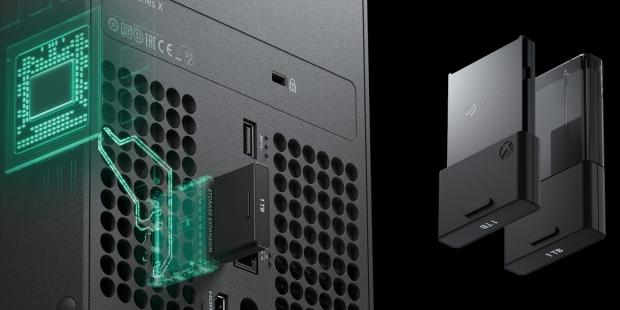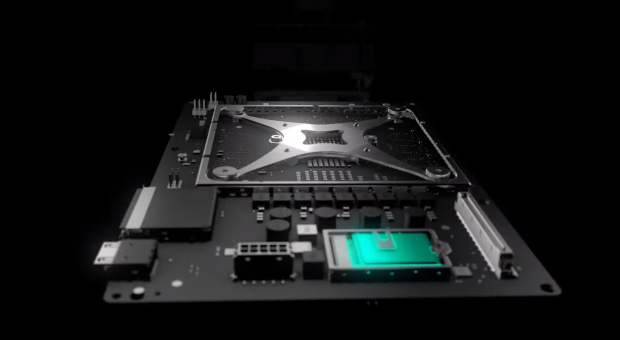The Xbox Series X is marketed with 1TB of included SSD storage, but only a portion of that will be available for games.

IGN recently confirmed the Xbox Series X's 1TB SSD only offers about 800GB of usable space for games. This means the system reserves roughly 14% of total SSD space for OS and other features like quick resume.
After partition formatting, a 1TB drive turns into a drive with 931GB of free space. A quick bit of math shows the Xbox Series X will have about 131GB of memory reserved for the operating system, virtual RAM data cache preparation via new Velocity Architecture technology, and quick resume functionality. All of these features are tremendously important for the Series X.
A bit of good news, though: The Series X|S expandable SSD memory card has 921GB of usable space, meaning only 10GB of it is reserved for specific features. The bad news is that it's still $219.
We first heard about the PCIe 4.0 SSD being used as a VRAM buffer back at E3 2019:
"We've created a new generation of SSD. We're actually using the SSD as virtual RAM. We're seeing more than 40x performance increases over the current generation.
"The combination of the SoC and the solid state drive are really what gives you a totally new experience."
"Now we can take all of that power and apply all of that back into the scene, and generate more life into that world and bring it to the gamer in a seamless way."

Read Also: Xbox Series X vs Xbox One X loading times: 82% reduction on PCIe 4.0 SSD
Quick resume itself is revolutionary and allows you to create multiple save states of games. It's a big game-changer for instant access to the games you want to play.
"We actually incubated Quick Resume in the Xbox One. Today you can actually Quick Resume the last game you played, but with Xbox Series X we're actually able to do that with multiple titles. We've basically taken this to the next level of capability," Xbox's Jason Ronald said earlier this year.
"Quick Resume is really powered by our custom-built SSD that's part of the Xbox Series X, which actually allows us to have multiple games saved at any one time and then I can instantly jump in between them or jump into them and resume exactly where I was when I left off."
The 2.4GB/sec PCIe 4.0 SSD is the heart of the Xbox Series X, and it'll be pumping out lots of data to the 16GB of GDDR6 RAM, Navi 2.0 GPU, and Zen 2 CPU for processing, decompression, and rendering. It only makes sense that a portion of the drive is allocated for the software APIs and other features that accelerate data flow/processing.
The result of this reserve space will lead to faster loading times, native 4K 60FPS gaming, ultra-fast 120FPS low-latency gaming in highly optimized games, and ray-traced visuals.


